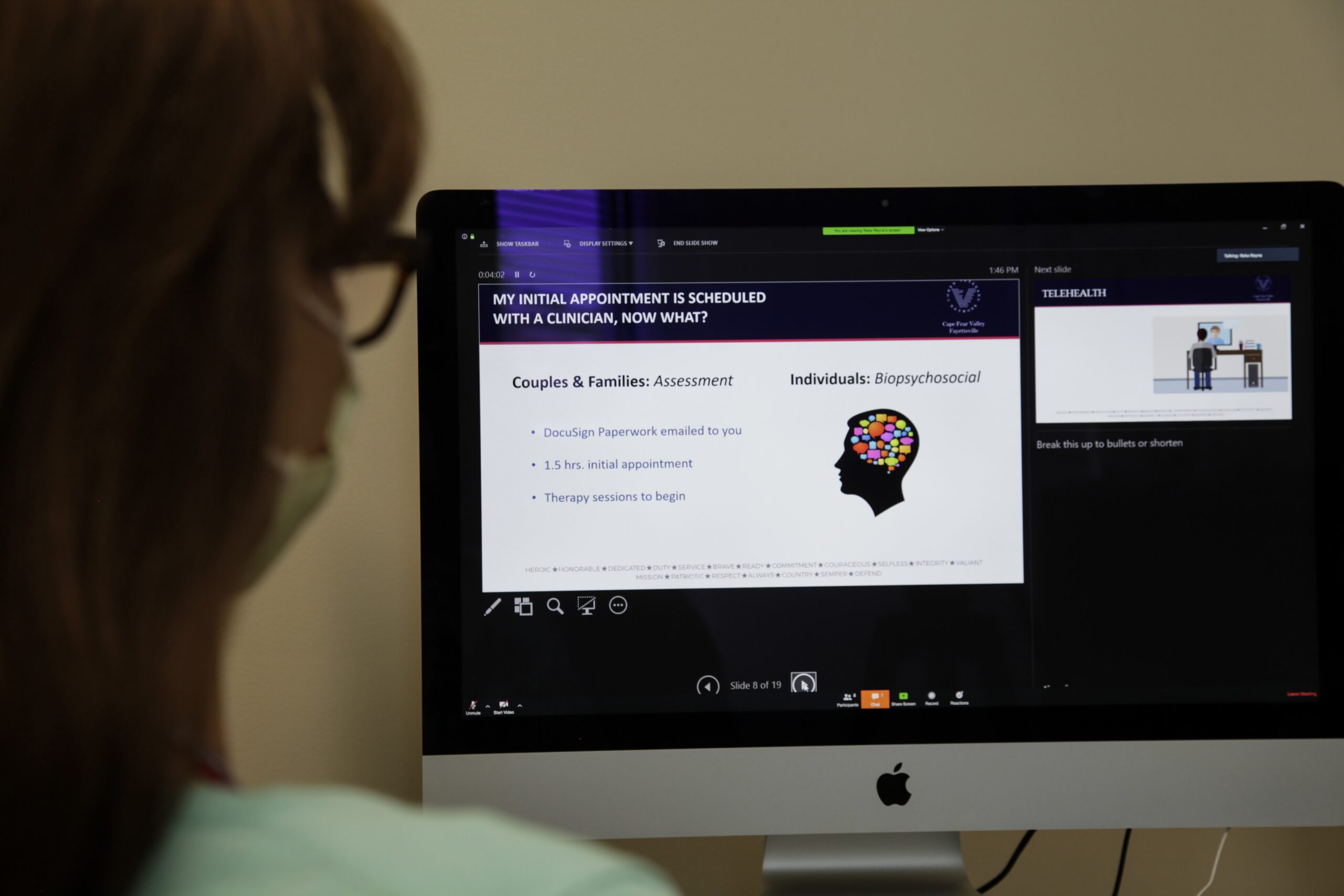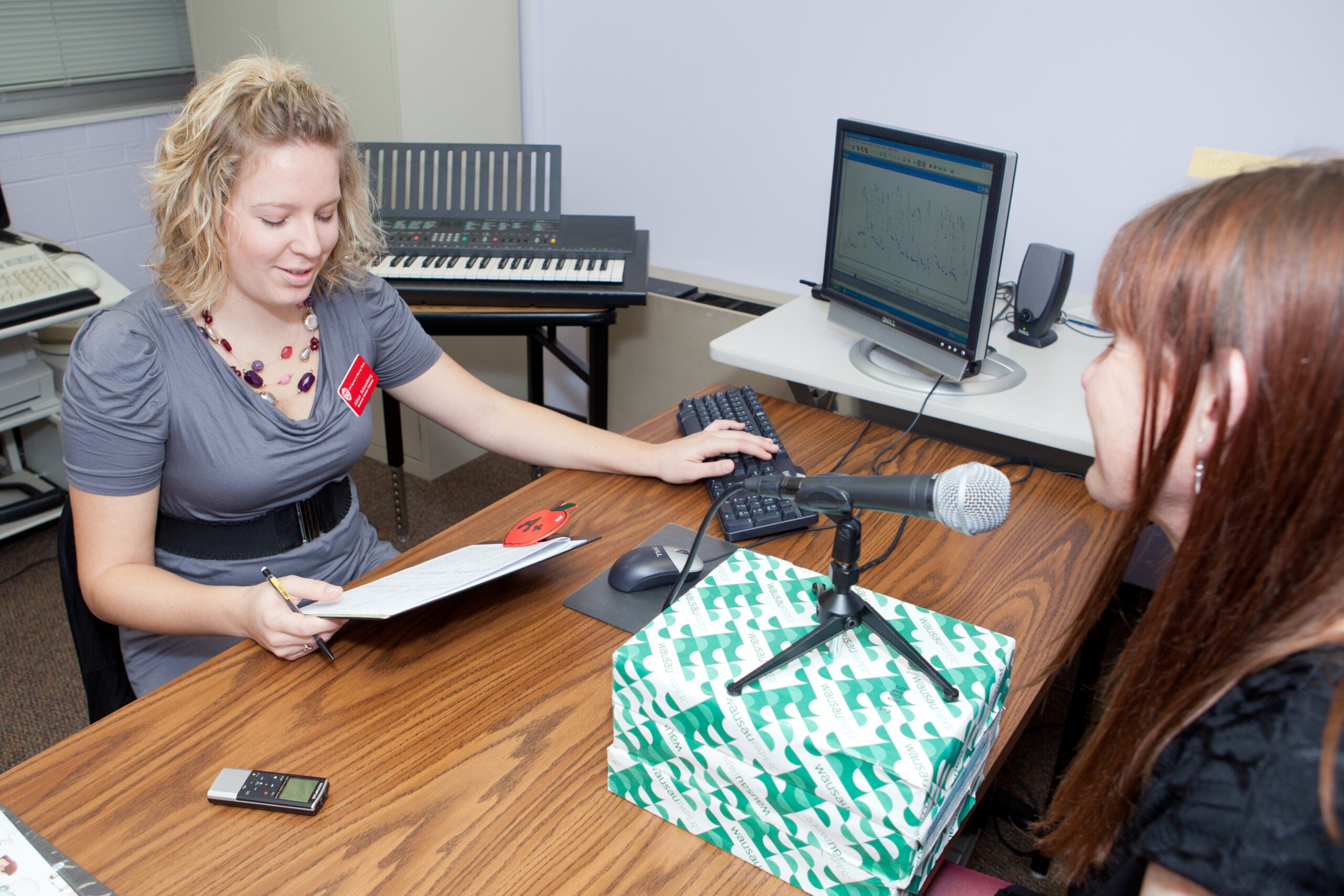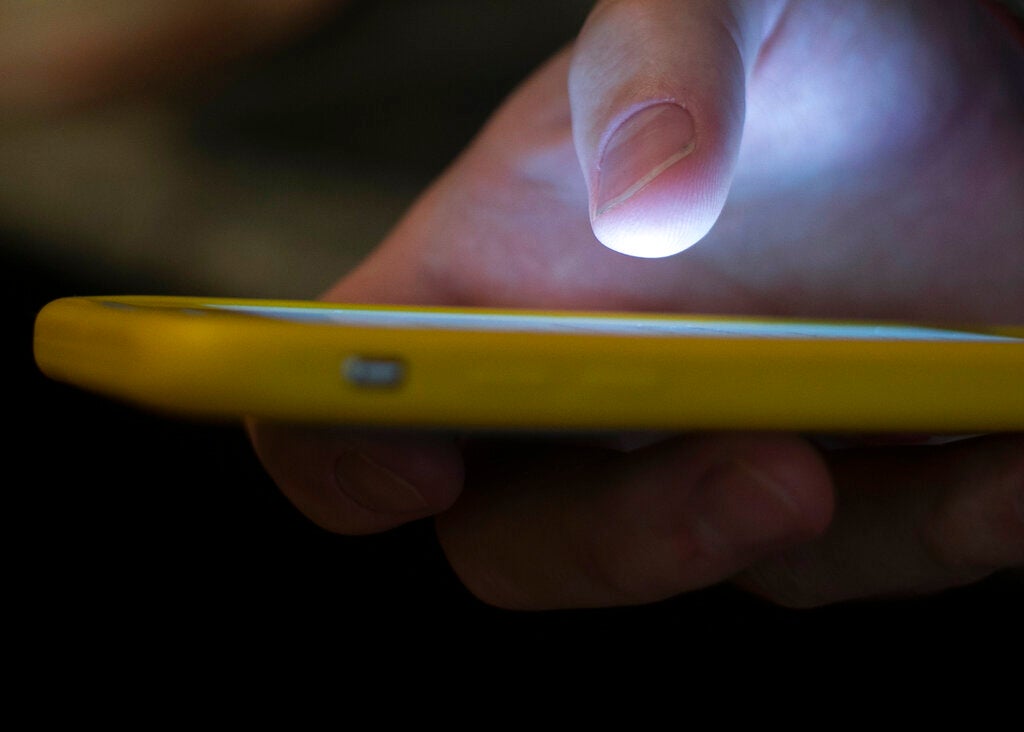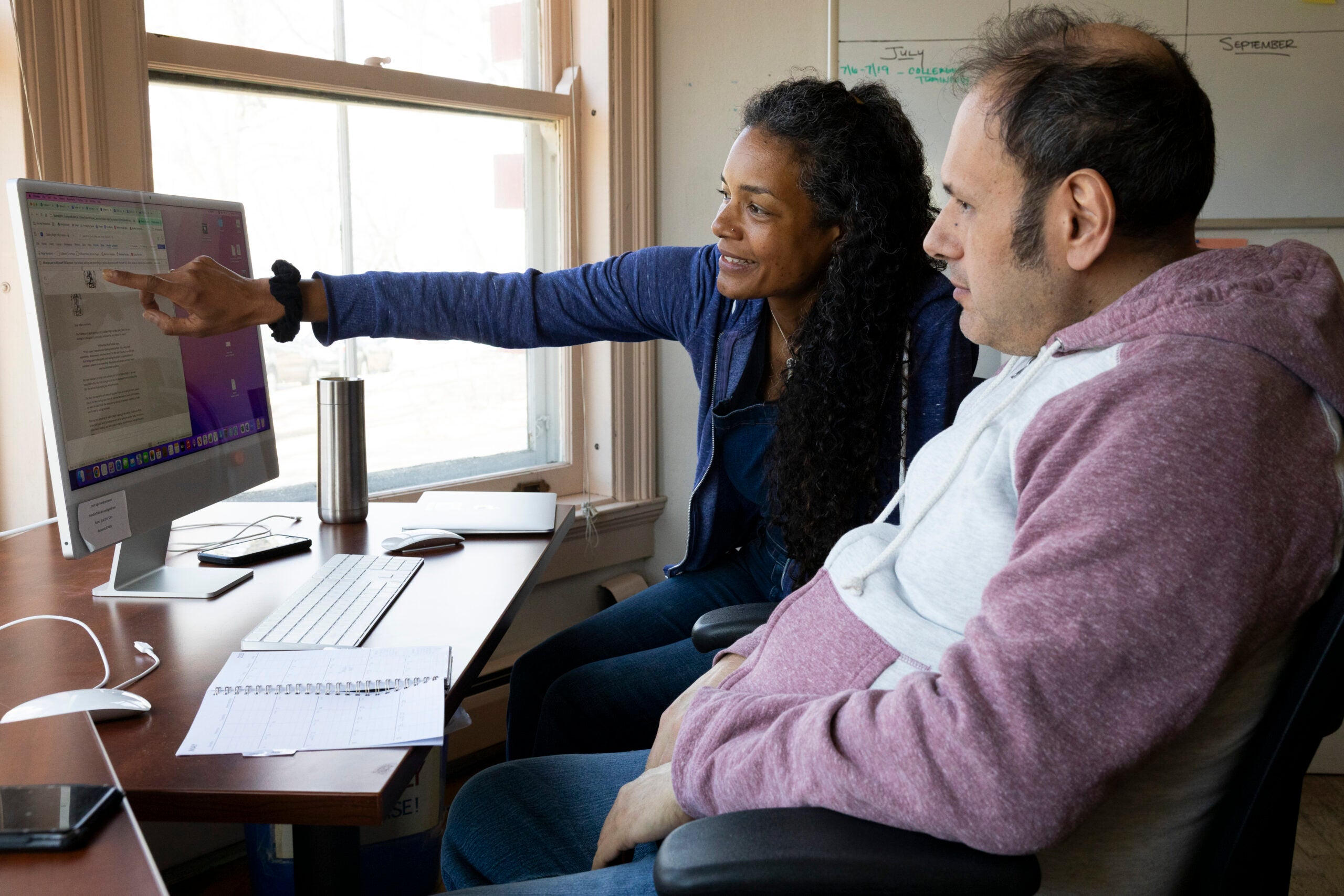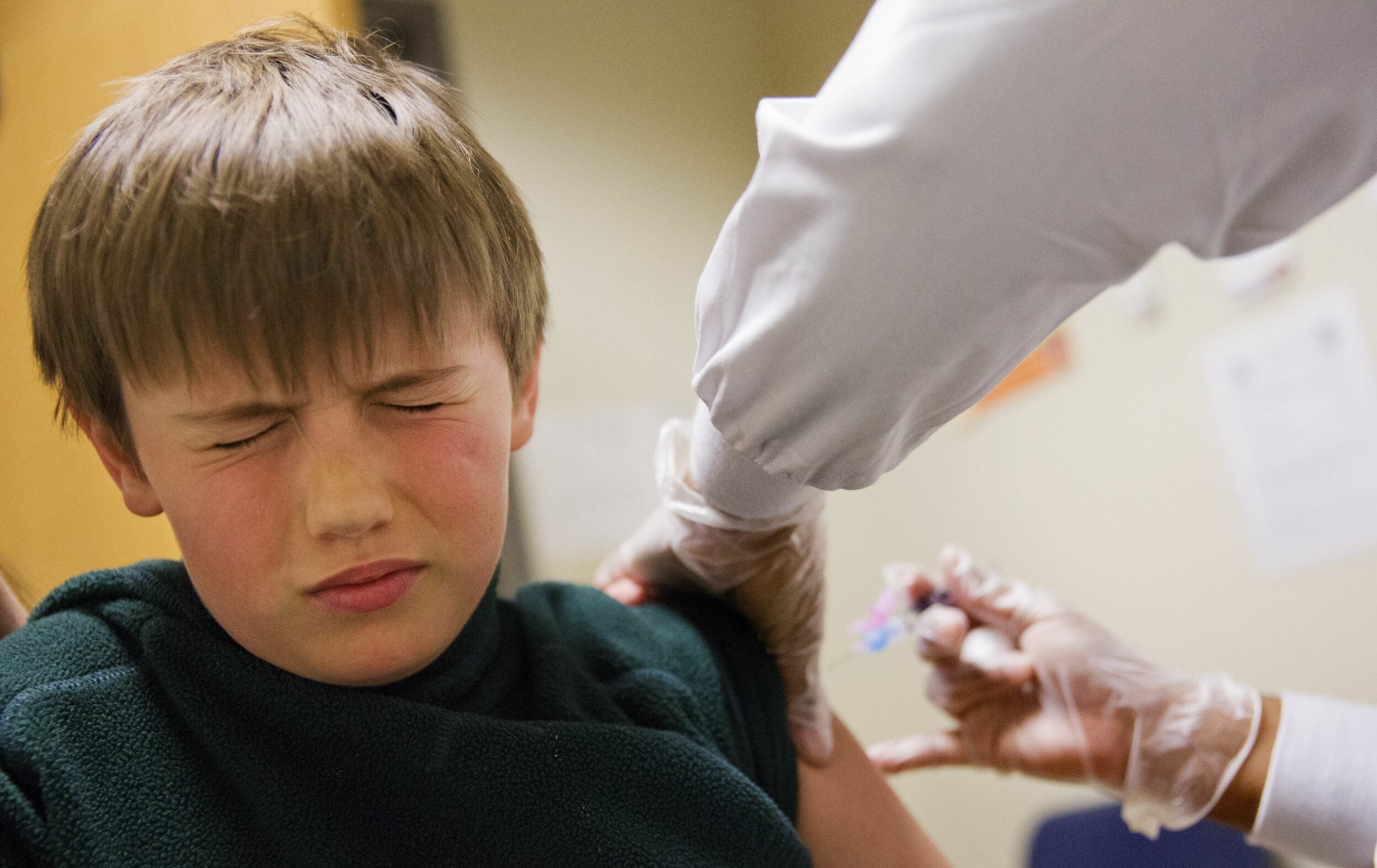In their earliest years, humans worried about wild animals, finding food and safeguarding their belongings.
To protect themselves, their bodies went into flight, fight or freeze mode. Muscles became tense. They sweat to cool themselves down. Heart rates went up to circulate blood to large muscles. Stomach discomfort made sure they weren’t feeling hungry.
Luckily, the ones who survived are our ancestors and passed those traits on to us.
News with a little more humanity
WPR’s “Wisconsin Today” newsletter keeps you connected to the state you love without feeling overwhelmed. No paywall. No agenda. No corporate filter.
“When there’s a threat, our body responds,” said Regan Gurung, executive director of the Center for Teaching and Learning at Oregon State University and professor of psychological sciences. He spent 20 years at the University of Wisconsin-Green Bay.
And understanding those early stressors can help people better understand why our bodies react the way they do during frightening events, such as the continuing COVID-19 pandemic.
Gurung teaches about the reasons why humans get stressed out in a video segment that’s part of a larger 10-week course available through Oregon State. The course, called “Punch Through Pandemics With Psychological Science,” tackles all kinds of subjects related to psychology and COVID-19.
Without signing up for the course, anyone can listen to the guest lectures, including a few by happiness experts and one by Jane McGonigal, a game designer, who offers up some tips on the best video games to play during a pandemic and why playing games can be a healthy option.
Kathryn Becker-Blease, an associate professor and director of the School of Psychological Science at Oregon State, came up with the idea for the class in hopes that it would help students who were going to be challenged psychologically as the coronavirus began to spread across the Pacific Northwest. But Becker-Blease said she wanted to open it up to the larger community, too.
“I do think we achieved the goal of putting stuff out there for a variety of audiences,” she said.
The 3,700 people taking the course range from casual participants to students who are earning credit toward their degrees.
Becker-Blease and Gurung said there are ways that people can adapt our worries into practices that can benefit and help us.
Productive Worrying
In one of the guest lecturers featured in the course, New-York based clinical psychologist Amelia Aldao said therapists and counselors don’t have all the answers. They’re living through these challenges right along with everyone else.
That being said, there are methods and practices people can apply to the stress and anxiety people are feeling, and that’s identifying whether our worries are productive or unproductive.
If your worries cause you to be better prepared, then it’s not unhealthy to continue to worry. For example, if your worrying leads you to read more news, which in turn causes you to be better prepared for COVID-19, that’s OK.
If, however, your worries are keeping you up at night and causing you to do unproductive things, such as stockpiling food, then you need to find ways to let those worries go.
Approaching Vs. Avoiding
Gurung said one of the topics that tends to show up each week in the courses is the distinction between the two main types of coping: approaching a situation or avoiding it.
“I think for many of us, avoiding the situation to keep the emotions at bay seems to be something that we have a tendency to do,” he said.
Short term, avoiding a situation isn’t necessarily bad. But psychological science says it’s not great as a long-term solution, Gurung said.
That’s a tough thing to do though.
“It feels good to not have to think about all that fear, and district ourselves,” he said. “But by the same token, there are times where you just have to make some changes and that’s going to be better.”
Return To Values
Becker-Blease said that for people who are more directly affected by COVID-19 — like the frontline workers or people in cities that are particularly hard hit — the best course of action is to return to your values.
The threat of COVID-19 can make it hard to plan your day or do what you’d like to do, but it can help to align the actions that you take throughout the day to your values.
Wisconsin Public Radio, © Copyright 2026, Board of Regents of the University of Wisconsin System and Wisconsin Educational Communications Board.

